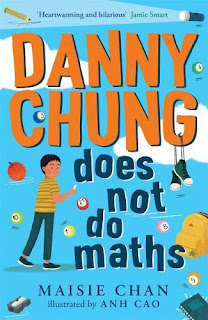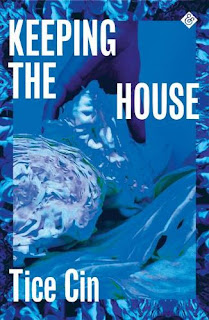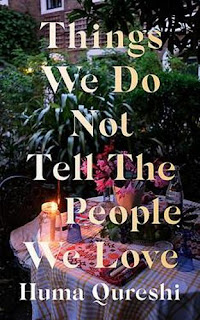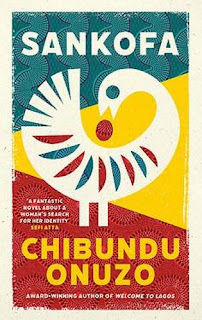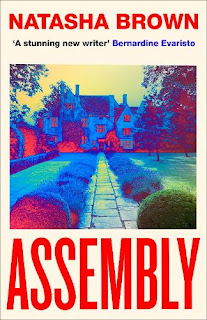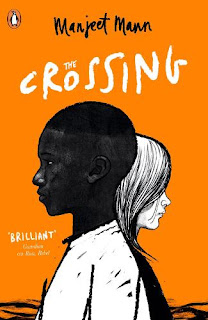Reviewer: Catriona Troth
What We Thought of It:
WINNER of the 2022 Jhalak Prize.
If you ever thought graphic novels were just for light entertainment, cast those thoughts aside now. The Roles We Play is a profound exploration of the experience of diaspora, at once universal and deeply personal.
Khan begins with the story of the Mangla dam, which flooded fertile land in the Mirpur region on the borders of Pakistan and Kashmir, displacing vast numbers of the Mirpuri people from their homes and bringing so many of them – including Khan’s family – to the UK.
Thereafter, her story, her family’s story and the wider story of the Mirpuri people interweave. Stripped of their language and culture, looked down on on two continents, by British and Pakistanis alike, they close in on themselves – at once generous in looking out for extended family, and rigid in holding to traditions and re-enforcing hierarchies.
Khan explores her own journey – beginning to question the certainties of her religion, giving up wearing pardah (her hijab) – but all the time find herself ‘not enough’ – not white enough, not brown enough, not Muslim enough, not secular enough.
“With centuries of othering, how can we speak out for ourselves when we don’t know what being treated with humanity looks like?” she asks.
Sabba Khan is an architectural designer, and her line drawings frequently revolve around houses broken open and exposed to the eye, impossible staircases, doorways that let you through or shut you out… Her human figures are simple but expressive. She often draws herself naked, underlying her vulnerability. The images of her face are often fractured into different parts, as others see her or as she sees herself.
To add another layer to this multi-media experience, Khan has curated a playlist to accompany the book – an eclectic selection of tracks, one for every chapter, from western artists such as Queen, Radiohead, Prodigy… to South Asian artists such as Nusrat Fateh Ali Khan, Jagjit Singh and Mohammad Rafi. (You can listen to the playlist here on Spotify.)
Khan examines both herself and her community with ruthless clarity and honestly. But the book is also full of wit and humour, both visual and verbal. There are drawings of her as a strawberry runner – an offshoot from the mother plant, kicking her way out of a box or buried under stones made of expectations.
Brilliant on so many levels, and a more than worthy winner of the 2022 Jhalak Prize.
You’ll Enjoy This If You Loved: Antiemetic for Homesickness by Romalyn Ante, Dear Infidel by Tamim Sadikali, How to Pronounce Knife by Souvankham Thammavongsa, The Things We Do Not Tell the People We Love by Huma Qureshi
Avoid If You Dislike: Philosophy, psychology, introspection and geopolitics
Perfect Accompaniment: Chai, and Khan’s own playlist, naturally.
Genre: Graphic novel, autobiography
Buy This Book Here


